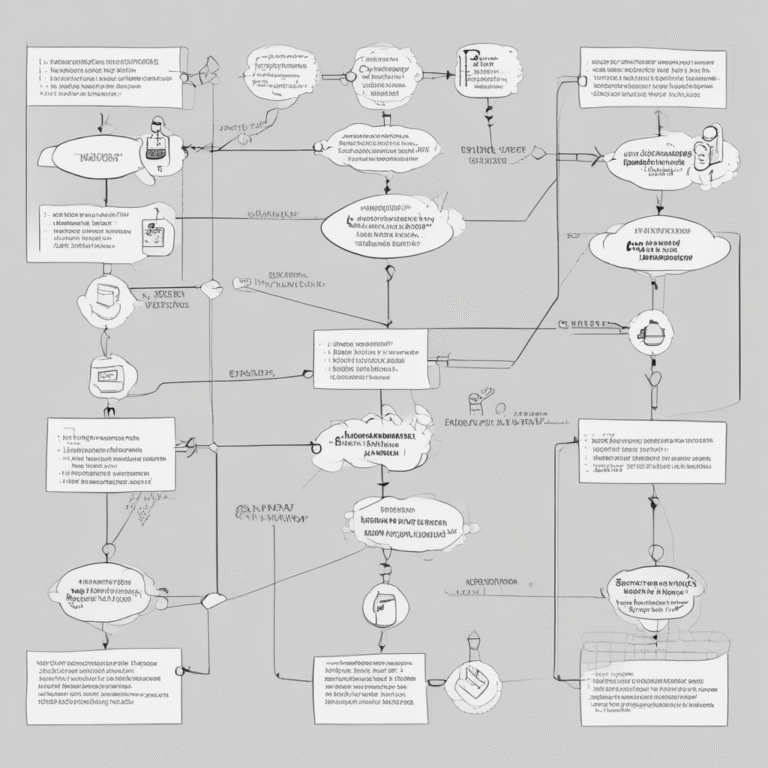Navigating AI Regulations & Governance: A Virtual Forum Overview
Bloomberg Law is set to host a significant virtual In-House Forum titled “Navigating AI Regulations & Governance” on May 1, 2025, from 1 to 3 p.m. ET. This event aims to equip in-house legal and compliance professionals with essential insights and tools to navigate the rapidly evolving landscape of artificial intelligence (AI) regulation.
Event Significance
The timing of this forum is pivotal, especially following the issuance of three executive orders by the Trump administration that prioritize AI development and national competitiveness. These orders have mandated a comprehensive U.S. federal AI Action Plan. Coupled with the comprehensive EU AI Act and a surge in state-level AI laws, corporate legal teams face unique challenges and opportunities.
Key Insights for Attendees
Attendees will gain valuable insights into:
- Federal and state policies
- International standards
- Emerging enforcement trends
The forum will shed light on the implications of these regulations for AI deployment, risk management, and the governance frameworks organizations must build to remain compliant.
Opening Keynote and Panel Discussions
The event will commence with an opening keynote discussion featuring Tom Lue, VP of Frontier AI Global Affairs at Google DeepMind. This conversation will address crucial topics surrounding AI regulation and innovation.
Following the keynote, a panel discussion will include state legislators who will discuss how their states are leading the charge in regulating AI. The panelists will cover the complex patchwork of existing and anticipated state-level AI laws, focusing on states like Colorado, Virginia, Utah, California, Texas, New York, and Connecticut.
Fireside Chat and Closing Panel
A fireside chat with Kilian Gross, Head of Unit for Artificial Intelligence – Regulation and Compliance at the European Commission, will delve into the key aspects of the EU AI Act, including implementation and enforcement.
The closing panel will focus on the impact of the EU AI regulations on U.S. companies, detailing who is impacted, what enforcement will look like, and the steps organizations must take to mitigate compliance risks and avoid significant financial and reputational consequences.
Expert Opinions and Additional Speakers
As Bobby Puglia, Bloomberg Industry Group’s chief product officer, noted, “AI and machine learning are reshaping the innovation landscape, but the question of whether regulation is helping or hindering this progress is a critical one.” The forum will explore whether existing regulations at both the state and EU levels foster or stifle innovation.
Additional speakers include:
- Giovanni Capriglione, State Representative (R), Texas
- Kristen Gonzalez, State Senator (D), New York
- James Maroney, State Senator (D), Connecticut
- Monique Priestley, State Representative (D), Vermont
- Robert Rodriguez, State Senator (D), Colorado
- Paula Goldman, Chief Ethical and Humane Use Officer & EVP, Product, Salesforce
- Moya Novella, Global Privacy and AI Counsel, IBM
- Kelly Trindel, Chief Responsible AI Officer, Workday
- Dr. Anandhi Vivek Dhukaram, Chief Responsible AI Officer, Esdha
Conclusion
The Navigating AI Regulations & Governance forum promises to be an essential event for legal and compliance professionals seeking to understand the complexities of AI regulation. By addressing both state and EU regulations, the forum aims to ensure that organizations are well-equipped to navigate this intricate landscape.










